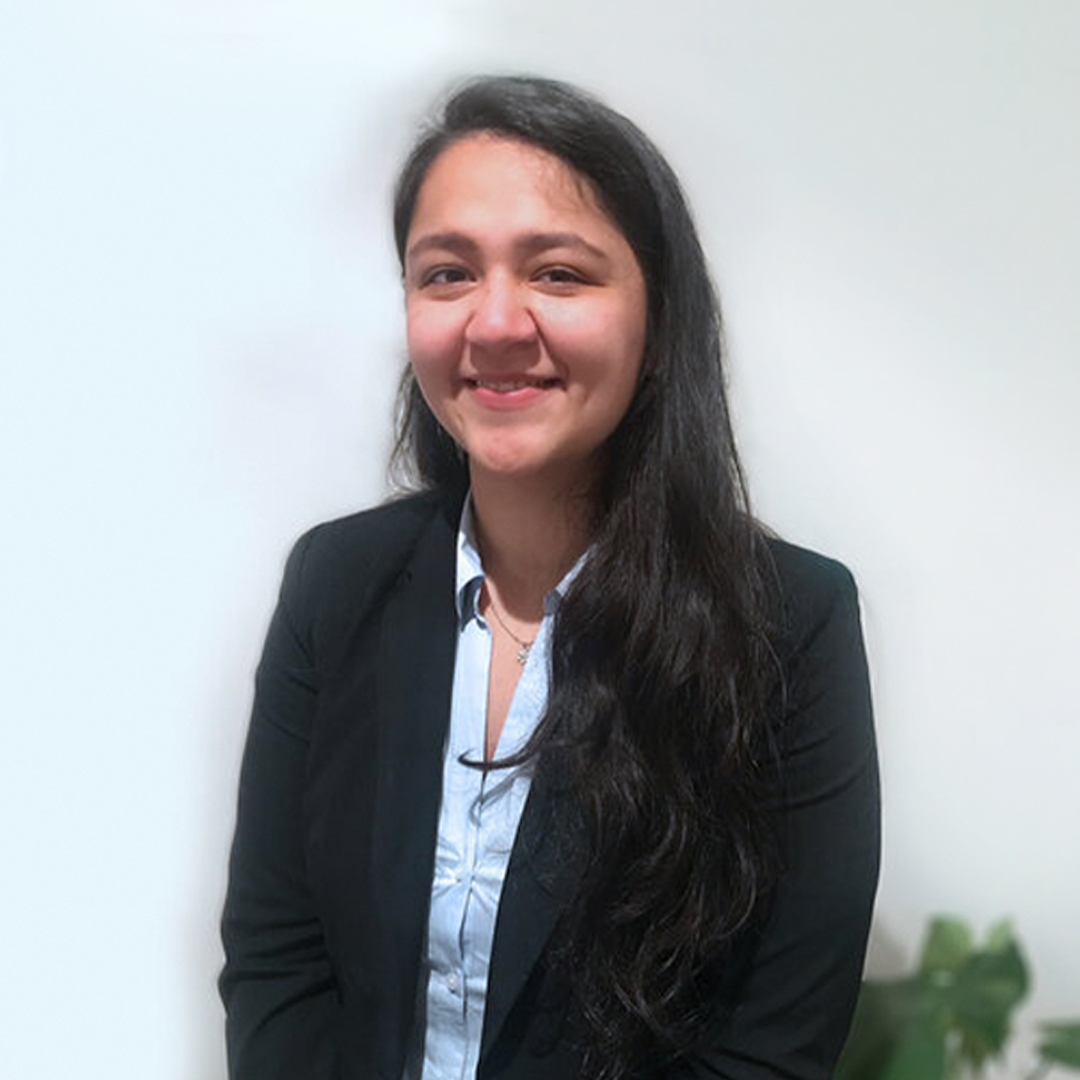
Master of Applied Economics (2021)
Satchi is a research economist at The Centre for International Economics (CIE). Prior to joining CIE, she worked at ANU as a research assistant and tutor in microeconomics.
With extensive training in econometric and quantitative methods, Satchi has worked on choice modelling studies, cost-benefit analysis, impact pathways and economic valuation across key sectors, including climate policy, health economics, internal migration, urban and regional planning and utility infrastructure across public and private sectors. She uses Stata, Latex and EVIEWS for statistical analysis and economic modelling.
Before commencing her postgraduate degree in 2019, Satchi first visited ANU as a student delegate at the 2018 Asia Pacific Week, hosted by the ANU College of Asia and the Pacific. She also acted as a student mentor to facilitate access to resources and guidance for women in economics and policy disciplines.
31 August 2022
Can you tell us about your role at CIE?
I work as a research economist at CIE. A major part of my role is to provide research support on projects, which usually includes literature review, statistical analysis, and economic modelling. So far, I’ve worked on cost-benefit analysis, willingness to pay studies and research and development impact evaluations across key areas, including climate policy, health economics, urban and regional planning, and utility infrastructure. While we work with a cross section of public sector and private organisations, all of our projects necessitate the need to successfully define and deliver sound economic conclusions to policy and commercial decision makers.
How are you using your Master of Applied Economics skills and knowledge in this role?
I’d say technical skills honed during my degree get used almost every day – from using Stata and Excel in choice modelling studies and cost benefit analysis respectively, to my research and report writing skills. An economics degree also provides the framework for understanding finance and politics, and improving everyday decision-making. I have been able to leverage these skills to better interpret qualitative and quantitative data. While most projects are grounded in the economics principles I learned in my Master degree, the work is still challenging because you see it being applied in the real world.
What was your employment-seeking journey like during COVID-19?
In all honesty, the pandemic benefitted my career and employment search rather than impeding it. In 2020, when COVID-19 hit, economic activity declined and job advertisements plummeted, I was worried that landing a job would be hard. A lot of international students went back home, and I was debating the same. My parents were quite supportive and I decided to stay. In retrospect, this was one of the best decisions I made because by the time I graduated, Australia’s economy was bouncing back, GDP was recovering, and the labour market was tightening. Eventually, I had offers from two firms before graduating.
What was it like studying a Master of Applied Economics? Would you recommend this course?
The Master of Applied Economics program provides intensive training in the quantitative and econometric aspects of economics. I would recommend this course to anyone interested in understanding ‘behind the scenes’ of economics issues. I’d particularly like to recommend International Economics, taught by Professor Martin Richardson. While it was one of the most difficult courses I’ve ever taken, the economic justification of international trade and its welfare consequences made me question things I wouldn’t have otherwise. Plus, Martin is an outstanding professor.
What advice would you offer to international students applying for jobs in Australia?
I’d emphasise the importance of networking and going out of your way to build soft skills. A good place to start developing such skills would be with casual jobs in retail or hospitality, volunteering or being actively involved in certain societies at university. This can help to develop collaborative work, communication, and problem-solving skills. I’d also suggest being active on LinkedIn and cold-emailing potential employers.
Another crucial aspect of securing a job is the connection you form with a potential employer, which goes well beyond the technical skills you bring. Unfortunately, given the cross-cultural differences, it is often more difficult for international students to make that connection. However, using those differences to promote cultural diversity in a workplace could be your key selling point and help set you apart! CBE’s professional-development initiative Momentum is a good opportunity to find a mentor who could help you navigate through these issues. Be brave and good luck!
